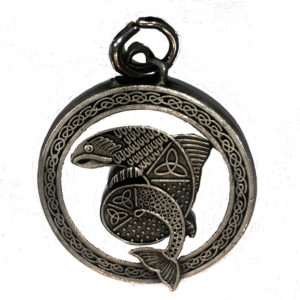Ní thagann ciall roimh aois
n’iː hag-ən k’iəl riv’ iːs’
Sense does not come before age.
Note: This is not meant to insult the young by implying that youthfulness always equates to foolishness. Rather, it is a reminder that life’s most important lessons can only be truly “learned” from experience. They cannot be absorbed by merely hearing or reading about the exploits of others. In the end, there is no better training academy than the proverbial “School of Hard Knocks”.
